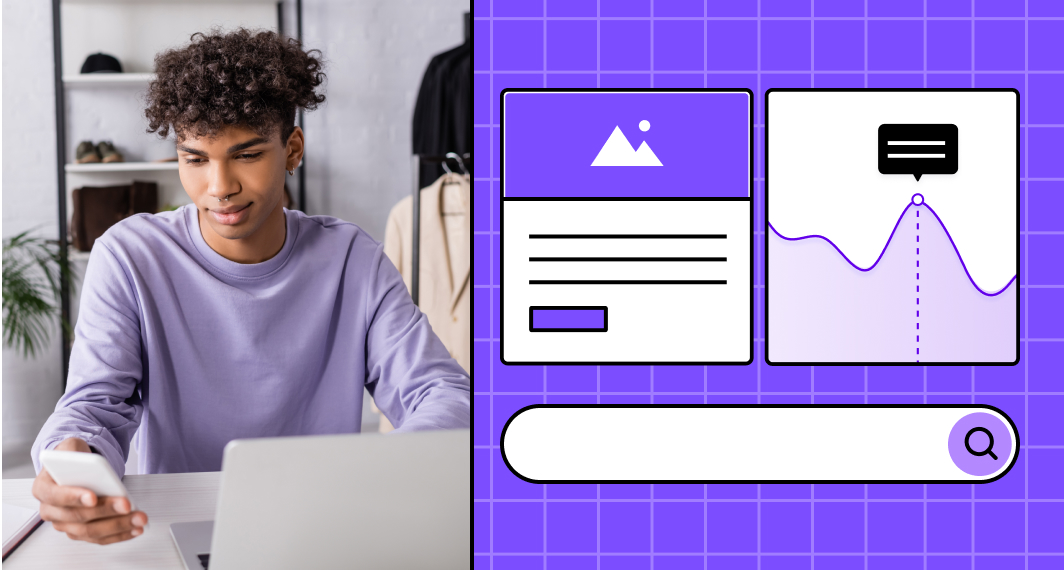At Builder.ai, we exist to empower our clients to make the most of their software projects anddata management on the cloud. Effective data management is becoming increasingly regarded as the lifeblood of digital companies. Our clients’ (and in turn their clients’) data requires not just the utmost security within a global setting. It also requires legal adherence starting with Europe’s most recent legislation, the GDPR. Does your business engage with European customers? You are obligated to adhere to GDPR standards or pay a hefty fine. Curious how GDPR affects your online business or upcoming software project? Read on, Builders!
What is the GDPR?
General Data Protection Regulation, or GDPR, was enacted May 25, 2018. It is a new set of rules made to give the European Union (EU) members more control over their personal data and information. (Most of the laws currently in place for online data were drafted back in the mid-1990s.) Have you recently seen email notifications that certain companies were changing their Terms of Service agreements? They’re likely an effect of GDPR legislation. Its goal is to make the regulatory system simpler to benefit consumers and businesses as it relates to the digital environment.Another reason for the GDPR was to update rules and laws to reflect the growing internet usage. It’s a fact of life that data breaches will occur. One aspect of the GDPR is to hold organizations accountable for properly gathering, storing and when necessary, disseminating data.
How does the GDPR matter to your business?
While the GDPR only protects EU citizens, its impact is felt globally, as it affects any organization that is involved in the European market. It also affects any organization that retains identifiable information relating to EU residents. GDPR specifically affects technology companies, cloud service providers, data center providers and marketers. All of these entities are required to comply by initiating stricter security measures, standards and processes in order to manage personal data to ensure their compliance with GDPR. The alternative is to be liable for possibly large fines from the EU. GDPR defines personal data as anything that can be used to identify an individual person. This includes information such as names, email addresses, Social Security numbers, IP addresses, telephone numbers, location data and birth dates. In addition, it can apply to other information that is related to genetic, economic, cultural or social identity.
GDPR is expected to have a significant impact on the technology platforms and data infrastructures of entities that collect, store and manage personal data. Companies will be obligated to analyze those platforms and structures to determine what personal data was collected and where that data exists. These can include such items as websites, databases, data warehouses and other information systems.With GDPR regulations, companies will be required to provide a detailed history of every move a piece of information makes within the organization. This means developers will need to track their client’s data, who has access to it and how the data is used to meet the new standards.
GDPR requires companies to get “explicit consent” from their users when collecting and using their data. This means a business will have to present a clear definition of how much of a user’s information will be collected and how it will be used. This regulation is aimed at stopping people’s data from being used without their knowledge or consent. From a development standpoint, developers will have to understand how data is being collected and how it will be used. This means developing a mechanism for obtaining that consent for any user of an application. As a side note, companies with employees living in the EU or who are from the EU must handle their employees’ personal data such as photos, bank details, tax and pension details, health and safety reports, sickness records, medical information, CVs, job application forms, disciplinary procedures, holiday requests and salary information.
Another area of impact by the GDPR is in the security realm. In this area, GDPR leaves much to interpretation. It says that companies must provide a “reasonable” level of protection for personal data, for example, but does not define what constitutes “reasonable.” This, in effect, gives the GDPR governing body a broad brush when it comes to assessing fines for data breaches and non-compliance.Another part of the GDPR regulations is the requirement that companies have to provide individuals with information when requested. Under the new laws, companies will be required to provide a detailed list of all the information they have collected and are storing about a person. Developers should plan as to how they are going to report this information, as the laws require them to provide it within 30 days of the request. In addition, affected individuals will have the right, under GDPR, to request that their personal information be deleted in its entirety from a company’s data files. And this request has to be fulfilled within a thirty-day window. Developers will need to manage this data removal within their applications.
The future of the GDPR
The GDPR will definitely be like a tsunami wave’s effect on future technology development. Those who can adapt to meet GDPR requirements will succeed in the future and those who cannot will eventually fail. As a company, consider compliance with GDPR as a strategic opportunity that will enable you to gain a competitive edge in this digital world.
Lakshmi is a communications professional with over 6 years of experience across industries- from digital media and fashion to health and technology. She specialised in Integrated Marketing and Communications cum laude, and naturally, can work her magic best when handling public relations, marketing and editorial content and communication. Most people find her moderately introverted, conspicuously sassy, significantly energetic, and massively dog-loving.













 Facebook
Facebook X
X LinkedIn
LinkedIn YouTube
YouTube Instagram
Instagram RSS
RSS


